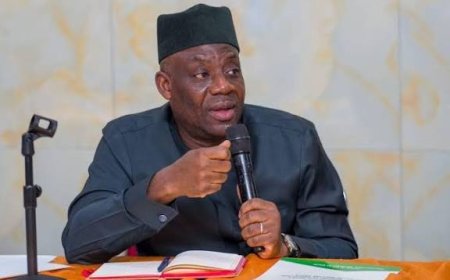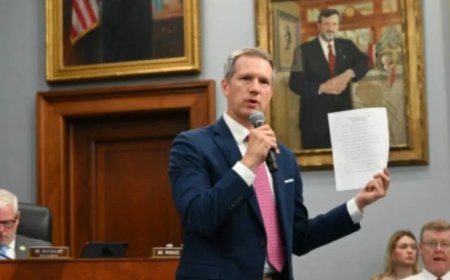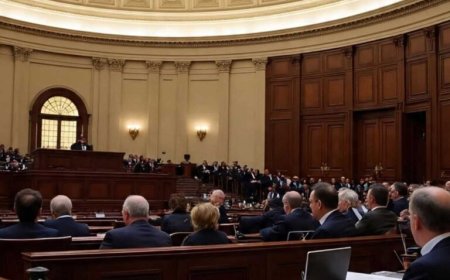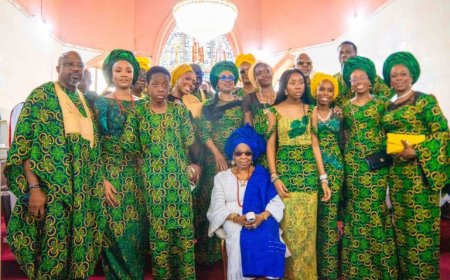Trump Shuts Down Hausa Broadcast on Voice of America

By: Olufemi Orunsola
The Hausa broadcast service of the Voice of America (VOA) has been shut down, following the recent executive order of President Donald Trump of United States of America (USA) on the immediate dismantling of the America Agency for Global Media, which supervises the Voice of America (VOA).
OPEN TELEVISION NAIJA (OTN) News reports as gathered that the closure of the Hausa radio service in Northern Nigeria and other neighbouring countries have now forced listeners turning to other stations for their news updates after the radio station ceased transmission.
OTN recalls that, funded by United States of America (USA) government, the Voice of America was established during World War II to counter Nazi propaganda, expanded during the Cold War between Russia and the Soviet Union.
However, the station is considered to be a veritable medium of propaganda while others commended the station for its journalism and diversity, and the Hausa Service was established on January 21, 1979.
Following the Trump’s order of March 15, 2025 which also affected the Head of Voice of America (VOA) and all of its 1,300 journalists and staff who as at the time of filing this report had been put on administrative leave, the station accustomed to by Hausa listeners for news, programs and commentary is known to be operating between 6 a.m. to 4 p.m. daily until recently when the station got shut down.
In the wake of this recent development, experts have continued to reflect on the impact of President Donald Trump's executive order as it is reported that the Hausa language deployed for broadcasts on the station is primarily a West African language spoken by close to 60 million Africans in the region, while Voice of America (VOA) Hausa’s research estimates a weekly audience of 16.9 million for its programmes, and in addition to its news reports and interviews.
In all, the Hausa service had a weekly 20-radio feature for its audience who have now been forced to look elsewhere for meeting their broadcasting needs previously met by the VOA.
What's Your Reaction?
























































